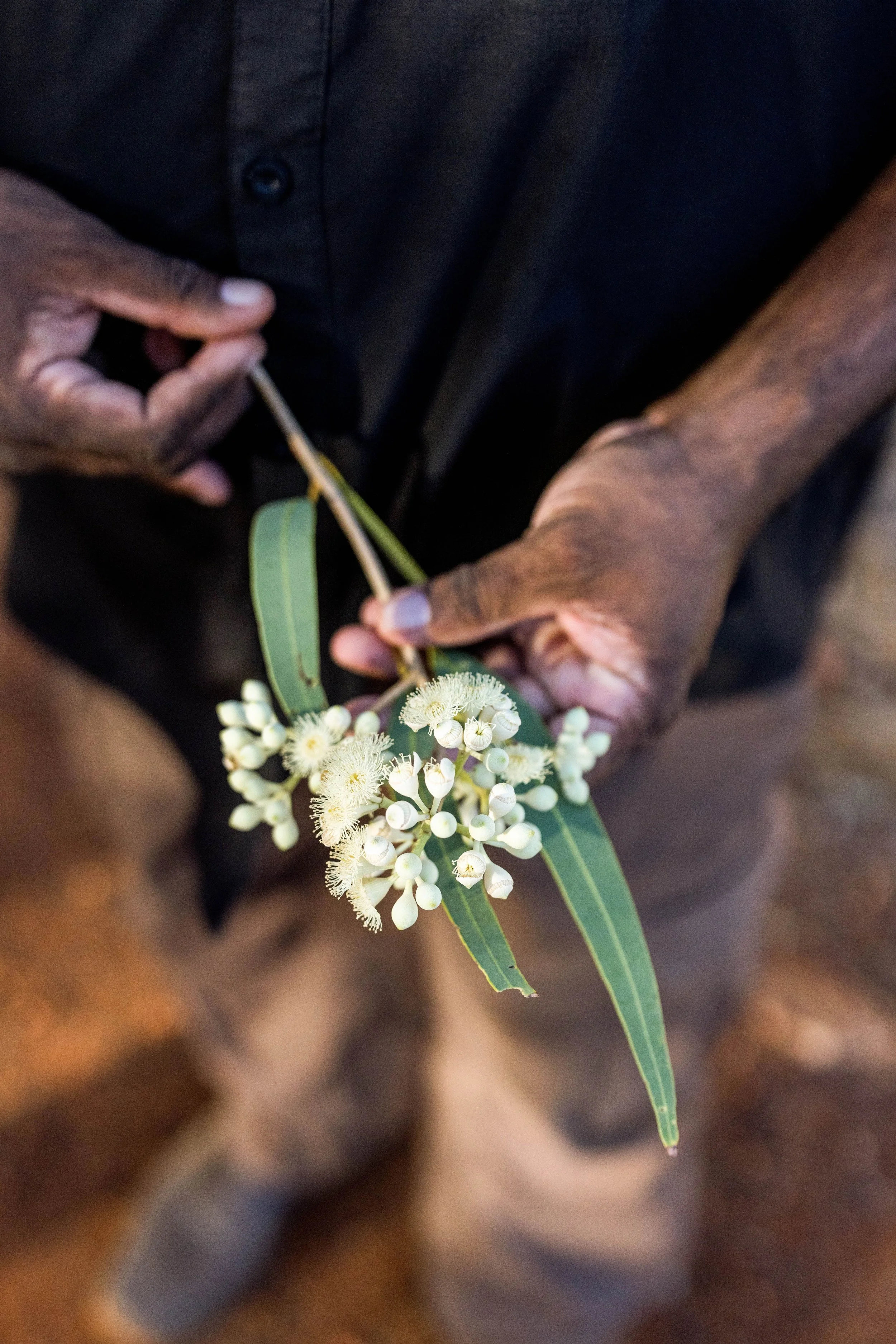2026 AAS Conference
Mparntwe/Alice Springs, 10 - 12 June, 2026.
Conference Theme
Lines, Layers, Depth
This is the first time an annual AAS conference is to be held at Mparntwe/Alice Springs. We want to take this opportunity to gather anthropologists from far and wide and introduce them to the splendour of Arrernte Country. We are also inviting delegates to participate in what makes Mparntwe/Alice Springs so special, providing an inspiration for the presentations, panels and plenary sessions. Our conference theme – Lines, Layers, Depth – pays homage to Mparntwe/Alice Springs, and the intertwining of its tracks of dancing Dreaming caterpillars, the contour lines of Alhekulyele/Mt Gillen against the desert sky, the telegraph line that marked Mparntwe on the maps of the colonialists, the lines of representation in desert art, and the intertwining storylines of and about Mparntwe/Alice Springs.
Mparntwe/Alice Springs layers stories of Dreaming dingos and thylacines fighting; stories of Arrernte ways of being in the world; stories about telegraph stations, pioneers, frontiers and massacres; stories about migrants who have come to live and work here over time; stories about violence, curfews and vigilantes; stories of military bases and technologies of war and surveillance; as well as stories of kin, Country and friendship, of art, music, and film. Mparntwe/Alice Springs is many-layered in so many other ways, as well – metaphysically, geologically, politically, socially, anthropologically. We live on layers of soil, rock and stone, permeated by water flows and cradling aquifers. Strata not just make up the ground beneath our feet, strata layer us in society and politics, think class, levels of government, the hierarchy of the court system, and more.
Layers are separate but interconnected, they themselves are part of something larger, they co-exist, build on each other, may rub against each other, feed or consume each other. Depth is created, re-created and deconstructed and created again, by combining lines, layers and spaces, not just in storytelling but also in music, visual arts, design, planning and, we suggest, in anthropology.
Our theme – Lines, Layers, Depth – is an invitation to think with Mparntwe/Alice Springs as a place. We invite participants to interpret the conference theme as widely, broadly, deeply as they wish, and encourage panels in their capacity to extend outwards from this notion.
The call for panels will open soon – please get your thinking caps on, we can’t wait to see you all in Mparntwe/Alice Springs next June!
Accommodation
We look forward to welcoming you to Mparntwe/Alice Springs!
Below are some accommodation options and discount codes exclusive to conference attendees. The majority of the conference activities will be held at the Alice Springs Convention Centre: 93 Barrett Drive, Alice Springs, NT 0870. We encourage you to secure accommodation as soon as possible as it is a busy time in the area with local events either side of the AAS Conference.
Alice on Todd Apartments - subject to availability
Studio, $150.00 per night
Deluxe, $180.00 per night
2 Bedroom, $225.00 per night
2 Bedroom Deluxe, $260.00 per night
BOOK HERE
*When booking, mention that you are attending the AAS Conference use the code “Yasmine” to receive the local rate.
Stay at Alice Springs Hotel - subject to availability
20% discount on Bar rate for Standard, Deluxe and Executive rooms.
*Contact the hotel and mention you are attending the AAS conference and the discount code will be shared with you.
BOOK HERE
Desert Palms Alice Springs - subject to availability
Double/twin (Queen + Single) $180.00 per night
Triple (Queen + Single + foldaway) $195.00 per night
Quad (4) (Queen + 2 Single) $210.00 per night
BOOK HERE
Double Tree by Hilton Hotel Alice Springs - subject to availability
15% discount for AAS conference attendees
BOOK HERE






